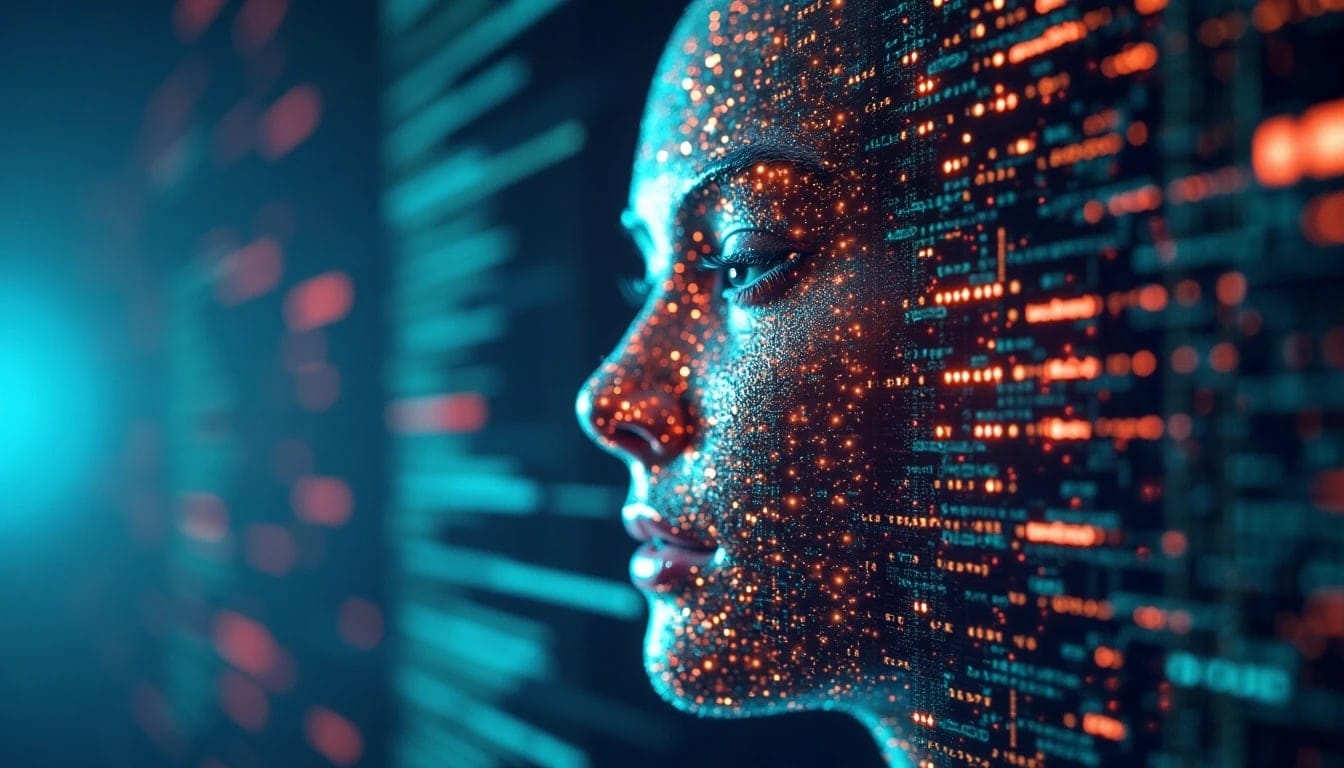The rise of no-code programming and artificial intelligence is redefining the software development landscape, democratizing access to technology, and changing the skills demanded in the job market.
Software development is undergoing a radical transformation thanks to the combination of no-code programming and artificial intelligence (AI). These emerging technologies are not only simplifying the app creation process but also redefining the role of developers and the necessary competencies in the job market.
No-Code Programming: Democratizing Software Development
No-code platforms like Airtable, AppSheet, Bubble, Caspio, coda.io, Filemaker, Shopify, webflow, IFTTT, Make, Zapier, and WordPress are revolutionizing software development by allowing users to create applications and websites without the need to write code. These tools are designed so that people without advanced technical knowledge can build digital solutions quickly and accessibly.
Shopify, for example, allows entrepreneurs to create and manage online stores without the need for programming skills. With over 5 million active stores worldwide, Shopify has proven to be a catalyst in democratizing e-commerce.
WordPress, with a near 50% market share in website creation, offers a versatile platform for content creation and management without complex coding.
The surge of no-code has enabled companies to reduce development times and costs associated with creating custom applications. This approach has facilitated the rapid digitalization of small and medium enterprises, allowing them to compete with tech giants using accessible and efficient tools.
Artificial Intelligence: A New Paradigm in Code Development
Artificial intelligence, especially tools like ChatGPT or Claude, is taking coding automation to a new level. These technologies can generate functional code from natural language descriptions, simplifying complex tasks and improving efficiency in software development.
ChatGPT, developed by OpenAI, can create and review code, integrate components and APIs, and offer solutions to technical issues. This not only accelerates the development process but also reduces manual workload for developers.
The impact of AI on software development is comparable to the industrial revolution brought about by the steam engine. A recent study reveals that AI-assisted developers can complete tasks up to 56% faster than those who do not use these tools, highlighting the transformative capability of the technology.
Implications in the Job Market and Necessary Adaptation
The rise of no-code tools and AI-driven automation is having a significant impact on the job market. The demand for traditional programmers, especially those performing repetitive tasks, is declining, while the required skills are shifting towards managing no-code platforms and integrating AI solutions.
In the US, a projected 11% decline in programmer employment between 2022 and 2032 is expected, equating to approximately 147,000 job losses. This trend is already starting to affect Spain and Portugal, where companies are rapidly adopting no-code tools and automation solutions.
In Europe, 7.5% of developers were laid off in the last year, according to OfferZen. The OECD warns that up to 30% of jobs in Portugal are “threatened” by automation, emphasizing the need for adaptation in the job market.
Strategies for the Future
To confront these changes, companies and professionals must invest in ongoing training and adapt to new technologies. The key to surviving in this evolving environment will be the ability to integrate no-code tools and AI solutions into daily operations.
Training and Adaptation: Traditional developers must acquire skills in managing and optimizing no-code platforms and using AI tools to remain relevant in the job market.
Innovation and Flexibility: Companies should foster a culture of innovation and flexibility, allowing their teams to quickly adapt to new tools and emerging technologies.
The impact of no-code programming and artificial intelligence is transforming software development and the job market as a whole. As these technologies continue to evolve, it will be crucial for companies and professionals to adapt and seize the opportunities they offer, ensuring their competitiveness and success in a constantly changing digital world.

